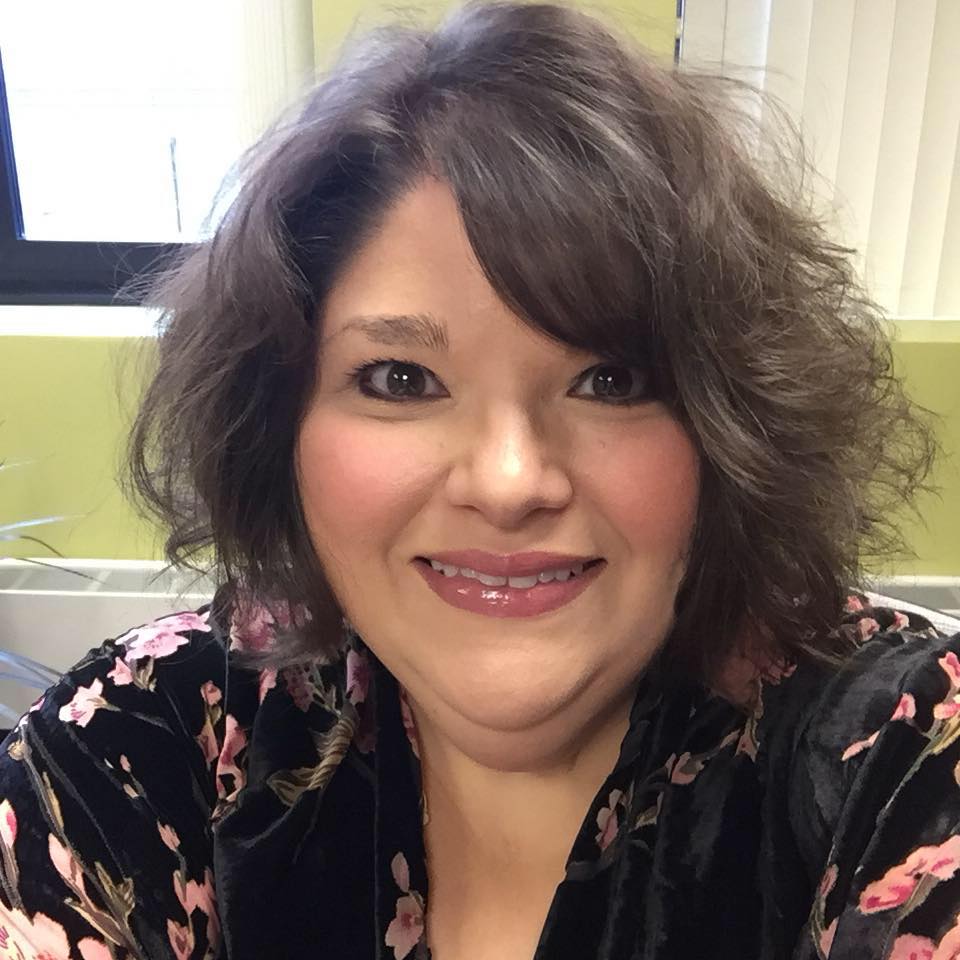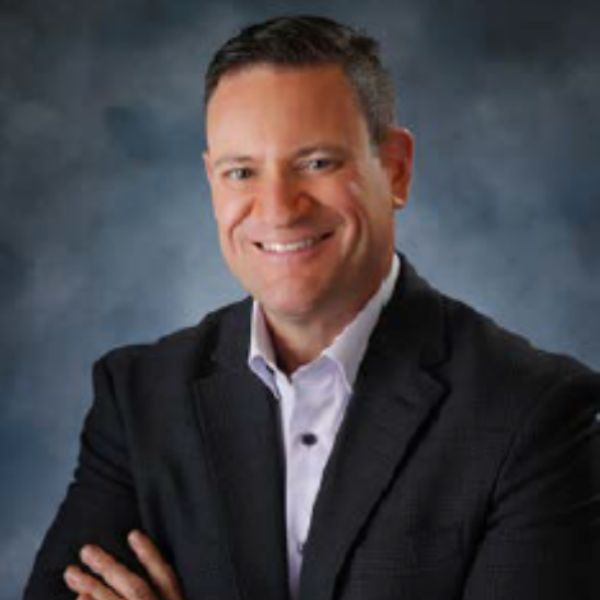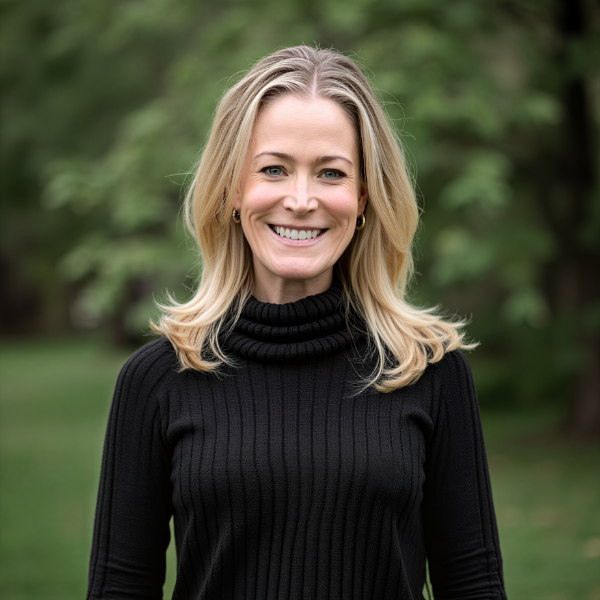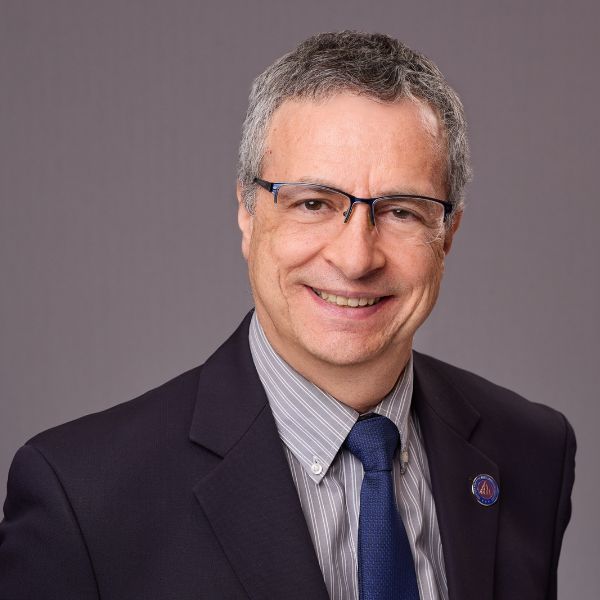Chair
Pamela Marshall
Director, Duquesne University
Dr. Marshall has extensive graduate and undergraduate teaching experience in the forensic disciplines of serology, DNA, and microscopy. Her research interests include low copy number DNA, human and wildlife DNA identification challenges, nanoparticle technology, pressure cycling technology, and PCR enhancement.






